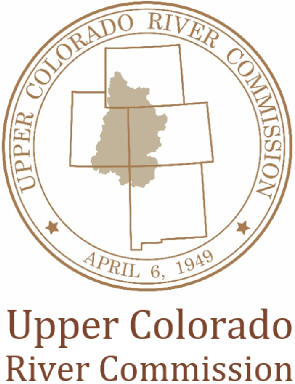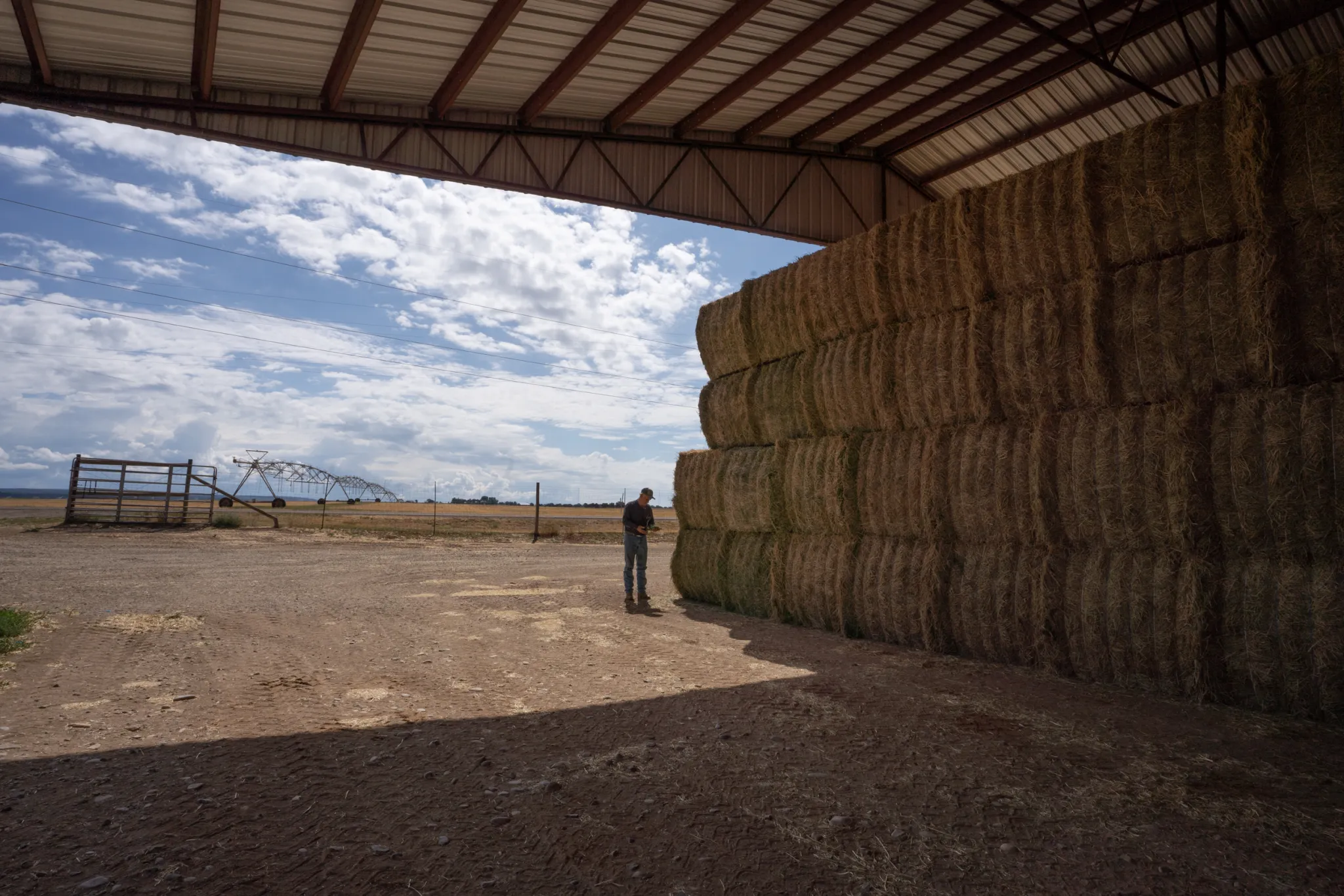By Shannon Mullane for The Colorado Sun
As the postmortem begins, Colorado River officials and water users say the program should continue even as they wonder if it had enough bang for the buck.
Two inches. That’s all the water that farmer Bob Neely had available to sprinkle on his crops through his irrigation system in 2021. The particularly bad water year reminded him of 2002 — another tough year in two decades of prolonged drought.
“We didn’t make enough to even pay 20% of our water bill, let alone anything else — land payment, equipment payments,” Neely said, sitting on his back porch in mid-August. “So then you’re scrambling. What you’re doing is if you have equity in your land you go and borrow against that to try and get through. You burn equity and create more debt. That’s what droughts do.”
Neely was one of a handful of participants in this year’s leading effort to conserve agricultural water in the stressed Colorado River Basin. The program, called the System Conservation Pilot Program, pays farmers to temporarily cut their water use on a voluntary basis. Officials launched it this year after the federal government said basin states needed to cut back on their water use in light of historically low water storage levels.
In total, this year’s program resulted in 37,810 acre-feet of conserved water across Colorado, New Mexico, Utah and Wyoming — less than 1% of the average water used by the four states between 2019 and 2021. Only 2,700 acre-feet of that saved water was conserved by 22 farms and ranches in Colorado.
The conservation effort had a speedy, disjointed launch and caused some consternation among Colorado water users and managers. For farmers like Neely, it offered a chance to make on-farm improvements or experiment with less water-intensive crops with less financial risk. Now officials and water users are weighing in on whether this type of conservation effort is worth continuing, and despite the small savings, most say “yes.”
“That’s a lot, a lot of work for that amount of water. But it also shows that we do what we can to be part of the solution,” said Colorado River Commissioner Becky Mitchell during an interstate meeting Tuesday.

